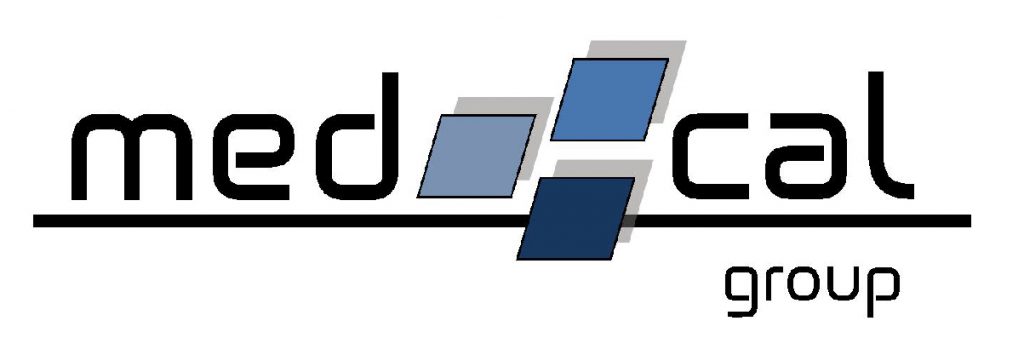
A National Medical Billing Company
We Scrub Claims
to Cut Down
on Rejected
or Denied Claims
helping the medical industry grow
Schedule a Demonstration
60 Day Free Medical Billing Trial

Highlights of our Claim Scrubbing
01.
Audit claims and reduces the number of claims to medical insurers that are denied.
02.
Detect claim issues and offer claim resolution before processing by a payer.
03.
Clean claims help ensure medical practices receive timely and accurate payments.
04.
Reduce the labor overheads of a healthcare provider, since there will be less time and effort spent rectifying faulty claims.
05.
Improved cash flow, as invoices are reimbursed promptly.
Claim
Scrubbing
Claims scrubbing, in its broadest sense, is identifying and correcting billing code inaccuracies. This is done in order to reduce the amount of claims that are rejected or denied by insurance companies. In other words, this procedure aids in the auditing of claims before they are presented to insurers.
Auditing Process
Claim scrubbing varies significantly depending on how complex the claim is. There are some service providers who will only check that there is data in a specific field. However, our team will go beyond that in order to ensure that the data itself is actually accurate.
All insurers utilize a set of codes to aid in the processing of claims, and it’s critical to code everything as precisely as possible in order for the claim to be paid on time.
However, because ICD-9 has over 13,000 diagnosis codes and over 3,000 procedure codes, there is often a tiny margin for error. There are also thousands of more CPT and HCPCS codes. On top of that, all claims submitted must adhere to HIPAA guidelines. Codes are also updated on a regular basis, and they can contain a wide range of combinations. The claim will be rejected if there are any inaccuracies.
Data We Verify
- Patient/Provider data
- Insurer/Insured data
- Medical Necessity
- Actual procedures performed mapped to the diagnosis
- Age and gender specific procedures
- Data validated against Medicare, Medicaid and other standard coding rules
Claim
Scrubbing
Claims scrubbing, in its broadest sense, is identifying and correcting billing code inaccuracies. This is done in order to reduce the amount of claims that are rejected or denied by insurance companies. In other words, this procedure aids in the auditing of claims before they are presented to insurers.
Auditing Process
Claim scrubbing varies significantly depending on how complex the claim is. There are some service providers who will only check that there is data in a specific field. However, our team will go beyond that in order to ensure that the data itself is actually accurate.
All insurers utilize a set of codes to aid in the processing of claims, and it’s critical to code everything as precisely as possible in order for the claim to be paid on time.
However, because ICD-9 has over 13,000 diagnosis codes and over 3,000 procedure codes, there is often a tiny margin for error. There are also thousands of more CPT and HCPCS codes. On top of that, all claims submitted must adhere to HIPAA guidelines. Codes are also updated on a regular basis, and they can contain a wide range of combinations. The claim will be rejected if there are any inaccuracies.
Data We Verify
- Patient/Provider data
- Insurer/Insured data
- Medical Necessity
- Actual procedures performed mapped to the diagnosis
- Age and gender specific procedures
- Data validated against Medicare, Medicaid and other standard coding rules
Higher Revenue Starts Here
As a preventative cost, claims scrubbing is a good investment to focus on. Some providers avoid it because they don’t consider the long-term consequences of denials however, they have not seen that they are losing money on reimbursements you’ll never receive. The claim will be rejected if there are any inaccuracies. When a basic error, such as entering the patient’s sex wrong, causes a protracted delay while the claim is amended and resubmitted, it can be aggravating.
Run Your Billing
for Half the Cost
Are you looking to cut costs to your practice and bring more money in your door but you’re not sure how? Would you practice benefit from having $7,000 a month extra? If your answer is YES to either of these questions, then we are the company for you.
